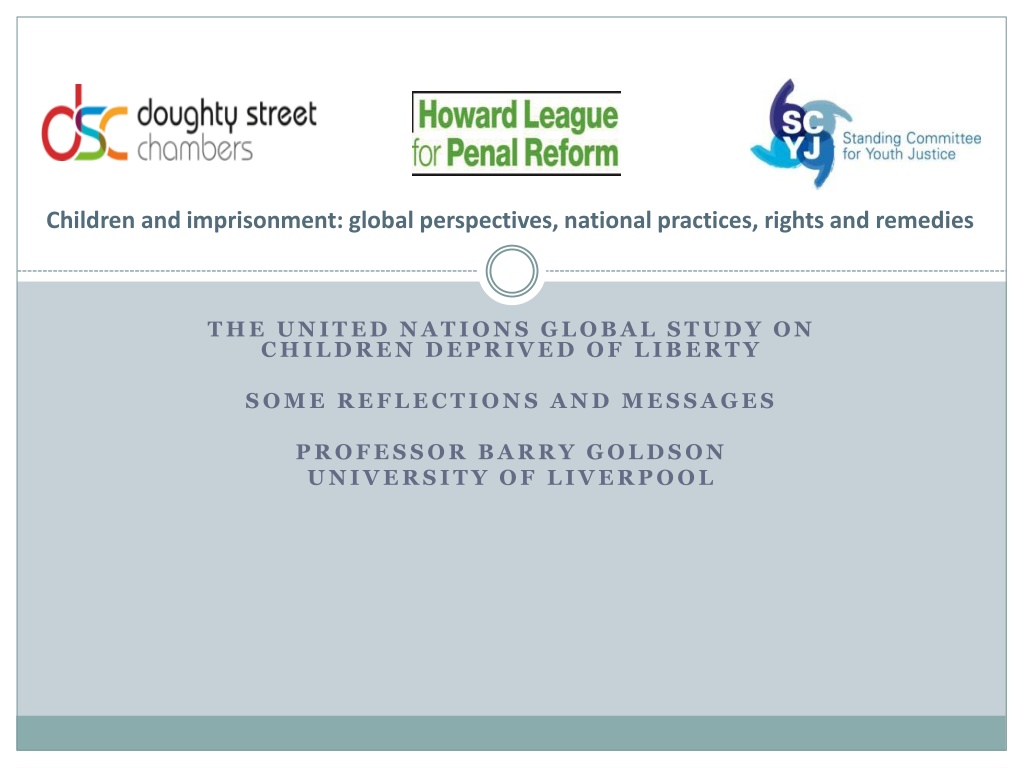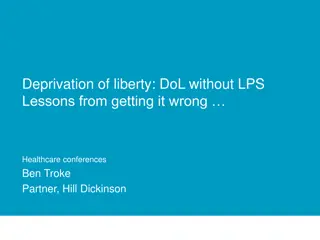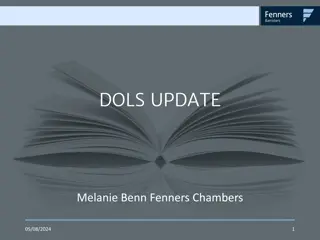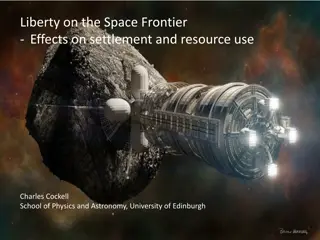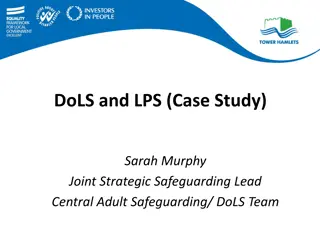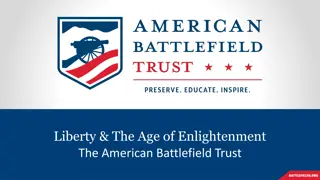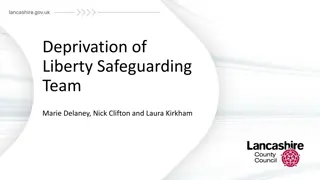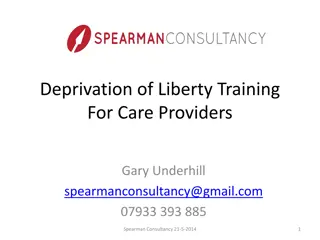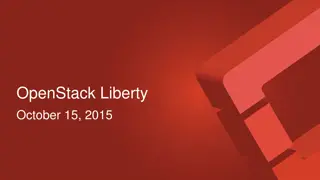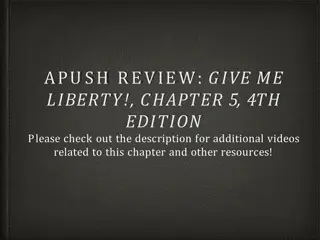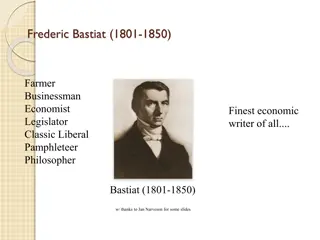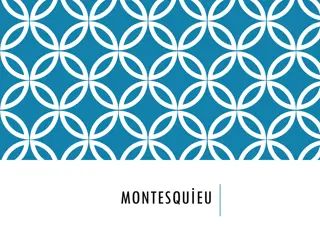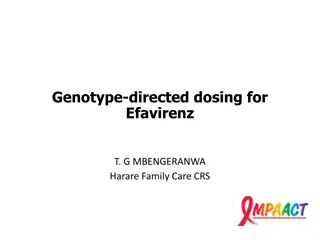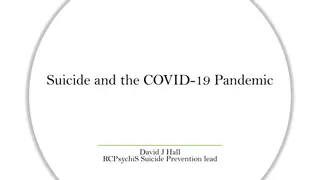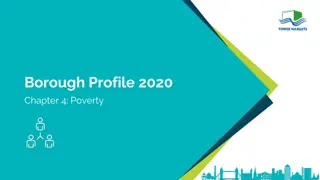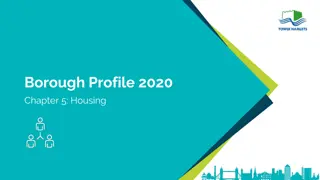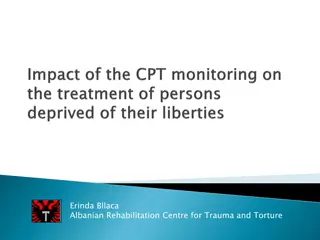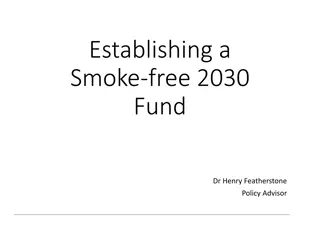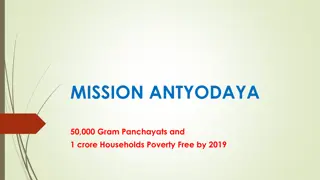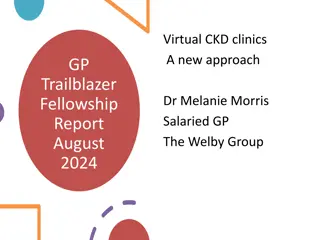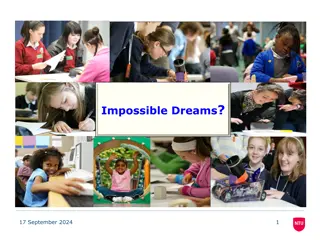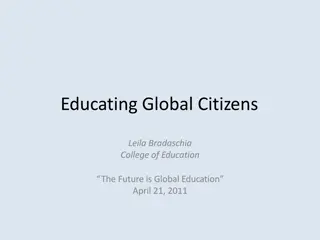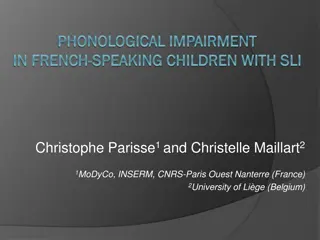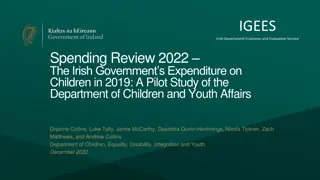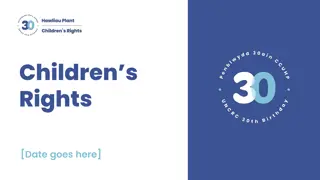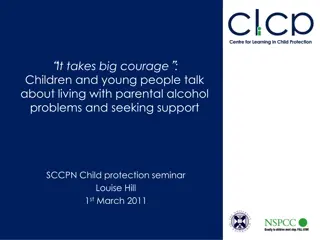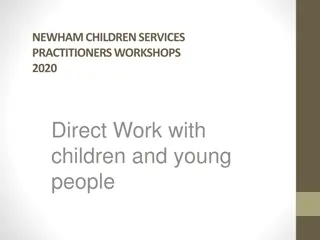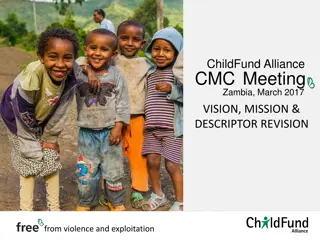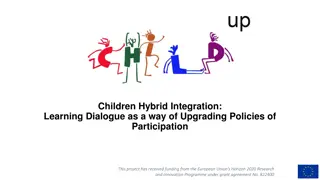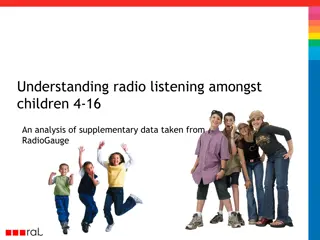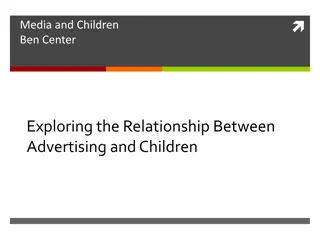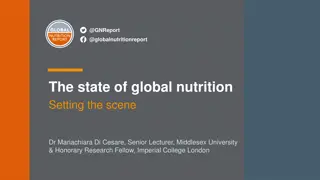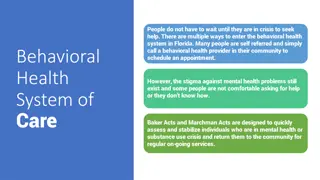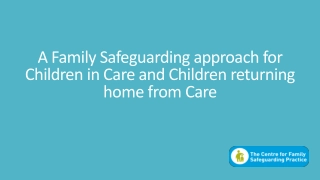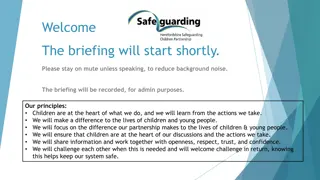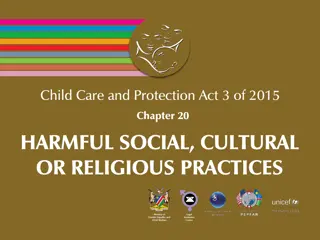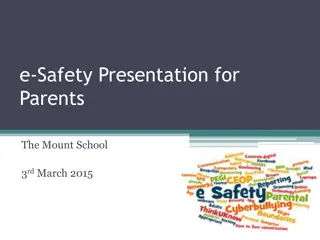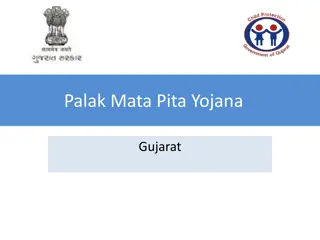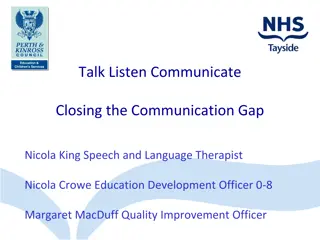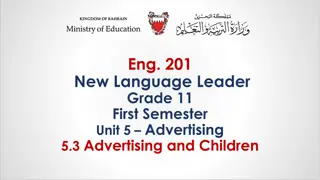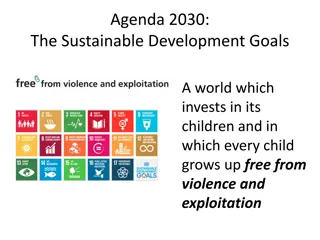Global Study on Children Deprived of Liberty
The United Nations Global Study on Children Deprived of Liberty led by Professor Barry Goldson explores various institutional domains where children are deprived of liberty globally, focusing on key challenges like funding, methodology complexities, and data collection issues.
Uploaded on Sep 22, 2024 | 0 Views
Download Presentation

Please find below an Image/Link to download the presentation.
The content on the website is provided AS IS for your information and personal use only. It may not be sold, licensed, or shared on other websites without obtaining consent from the author. Download presentation by click this link. If you encounter any issues during the download, it is possible that the publisher has removed the file from their server.
E N D
Presentation Transcript
Children and imprisonment: global perspectives, national practices, rights and remedies THE UNITED NATIONS GLOBAL STUDY ON CHILDREN DEPRIVED OF LIBERTY SOME REFLECTIONS AND MESSAGES PROFESSOR BARRY GOLDSON UNIVERSITY OF LIVERPOOL
The Global Study on Children Deprived of Liberty 2 United Nations High-Level Interagency Task Force including: Office of the High Commissioner for Human Rights (OHCHR); United Nations Children s Emergency Fund (UNICEF); United Nations Office of Drugs and Crime (UNODC); United Nations Refugee Agency (UNHCR); United Nations Committee on the Rights of the Child (CRC); World Health Organization (WHO); International Organization for Migration (IOM) Advisory Board (22 experts from around the world) Professor Manfred Nowak Appointed to lead the Study (October, 2016) NGO Panel Professor Barry Goldson - b.goldson@liverpool.ac.uk
Institutional foci 3 Six key institutional domains: Children deprived of liberty within the administration of justice Children living in places of detention with their parents Children deprived of liberty for migration-related reasons Children deprived of liberty in institutions Children deprived of liberty in the context of armed conflict Children deprived of liberty on national security grounds Professor Barry Goldson - b.goldson@liverpool.ac.uk
Methodology/research design 4 Primary data collection -a questionnaire (mainly quantitative) principally to Member States and other relevant stakeholders (including international monitoring bodies, UN agencies, National Human Rights Institutions, National Preventive Mechanisms, Non-Governmental Organizations and academic institutions). Desk research -the current legal and policy framework and its implementation in practice (including, but not limited to: academic literature reviews; reviews of relevant UN reports and data [e.g. from UNODC, UNICEF, UNHCR, OHCHR, SRSGs, WHO]; Concluding Observations of the UNCRC; reviews of documents from relevant UN mechanisms [e.g. Human Rights Council; Committee against Torture] and regional mechanisms [e.g. ACERWC, ASEAN, CoE, IACHR]; reviews data/reports from National Human Rights Institutions [NHRIs]; reviews of civil society reports/data) Thematic and regional consultations Engaging children s voices and experiences Professor Barry Goldson - b.goldson@liverpool.ac.uk
Some key challenges 5 Money/resources Methodological/conceptual complexity Data (availability, collection, reliability, comparability/interpretation) Politics Professor Barry Goldson - b.goldson@liverpool.ac.uk
Key outputs (to-date) 6 A/74/136 United Nations General Assembly Distr.: General 11 July 2019 Original: English Seventy-fourth session Item 68 (a) of the preliminary list* Promotion and protection of the rights of children: promotion and protection of the rights of children Global study on children deprived of liberty Note by the Secretary-General The Secretary-General has the honour to transmit to the General Assembly the report of the Independent Expert leading the global study on children deprived of liberty, Manfred Nowak, submitted pursuant to General Assembly resolution 72/245. Geneva November 19, 2019 (789 pages) New York October 8, 2019 (23 pages) Professor Barry Goldson - b.goldson@liverpool.ac.uk
Some key findings (administration of justice/penal detention) with resonance in England and Wales (1) 7 at least 410,000 children are held in detention every year in remand centres and prisons [and] an estimated 1 million children are held every year in police custody (para. 40 GA Summary Report) detention in the context of the administration of justice is still widely overused. There are a number of reasons for this phenomenon, starting before and going beyond the criminal justice system (e.g., lack of effective child welfare systems; lack of support for family environments; excessive criminalization; low minimum age of criminal responsibility; harsh sentencing; discrimination ) (para.41 - GA Summary Report) inter-agency cooperation between the child welfare, social protection, education and health systems, law enforcement and the justice system remain underdeveloped or ineffective (para. 42 - GA Summary Report) Professor Barry Goldson - b.goldson@liverpool.ac.uk
Some key findings (administration of justice/penal detention) - with resonance in England and Wales (2) 8 Children from poor and socioeconomically disadvantaged backgrounds, migrant and indigenous communities, ethnic and religious minorities as well as children with disabilities are largely overrepresented in detention and throughout judicial proceedings (para. 45 - GA Summary Report) Violence continues to be endemic at all stages of deprivation of liberty in the administration of justice violent means of control and discipline, as well as the excessive use of restraint measures and solitary confinement, persist in many States (para. 47 - GA Summary Report) conditions of detention often amount to inhuman or degrading treatment in violation of international law (para. 48 - GA Summary Report) Professor Barry Goldson - b.goldson@liverpool.ac.uk
Some key recommendations (administration of justice/penal detention) - with resonance in England and Wales 9 States should establish a minimum age of criminal responsibility, which shall not be below 14 years of age (para. 109 - GA Summary Report) States should not automatically transfer children deprived of liberty who reach 18 years of age to the adult criminal justice system (para. 110 - GA Summary Report) Children should never be subjected to solitary confinement (para.112 - GA Summary Report) States should prioritize diversion from judicial proceedings and non- custodial solutions (para. 113 - GA Summary Report) Professor Barry Goldson - b.goldson@liverpool.ac.uk
Perhaps the key recommendation? ( administration of justice /penal detention) 10 Develop and implement a national strategy aimed at replacing the detention of children in penal facilities with non-custodial solutions based upon broad consultation with experts, civil society and children themselves (Page 336 Full Report) Professor Barry Goldson - b.goldson@liverpool.ac.uk
Otherwise we will continue to countenance this a stain on the very concept of justice! 11 Professor Barry Goldson - b.goldson@liverpool.ac.uk
